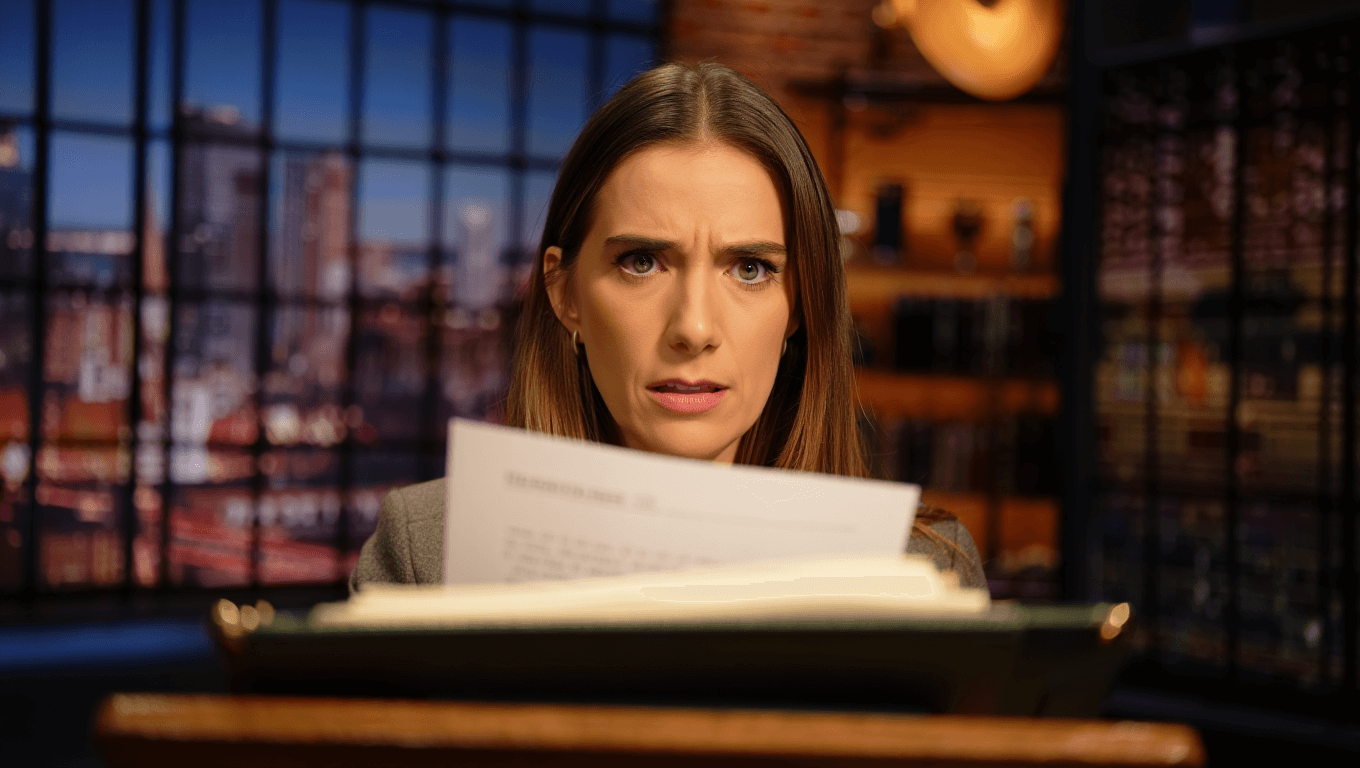TubiTV Just Hit 200 Million Users – Here’s Why
10 Perfect-Score Shows Buried on Prime Video Right Now
Outrage surged September 16, 2025 after a high-profile filing exposed alleged abuses behind the pods. This proposed class action, filed in California superior court, claims contestants on Netflix’s Love Is Blind were misclassified and denied minimum wage, overtime and meal breaks. Variety reports the suit names Netflix, Kinetic Content and Delirium TV, and seeks unspecified damages while alleging “inhumane working conditions.” My take: this could reshape how reality shows hire and pay contestants – and it raises a direct question for viewers and future participants: will reality TV labor finally change?
What This September 2025 filing changes for reality contestants and viewers
• Stephen Richardson filed a class action on September 16, 2025; defendants: Netflix, Kinetic, Delirium TV.
• Suit alleges misclassification as contractors; seeks wage protections like minimum pay and overtime.
• Filing claims restricted phones, isolation and “unsafe” conditions; seeks unspecified damages.
Why the timing of this class action could upend reality TV contracts in 2025
The lawsuit lands as reality TV faces growing legal scrutiny over contestant rights, following earlier litigation by former participants. Producers won a motion in a prior Renee Poche case, but this new class-action framing escalates stakes because it asks a court to reclassify contestants as employees. If successful, studios might face back wages, revised NDAs, and new production logistics. This matters to you if you watch or apply to shows; the legal outcome could affect casting rules and how much control producers can lawfully exert.
How cast voices and on-the-record reactions are shaping the debate today
The $3.99 Streaming Service With 500+ Oscar Winners Nobody Knows About
Cancel These 3 Subscriptions Before November 1st – Here’s Why
Marissa George posted an Instagram response, saying, “I do not agree with a lot of these allegations,” and insisting producers provided food and safety checks. That public pushback from a season 7 star highlights split experiences among cast members and fuels a wider conversation: were conditions systemic or episodic? Industry lawyers now watch whether other contestants join the proposed class, which would deepen the case’s reach.
What recent lawsuits and rulings reveal about reality TV labor risk
Recent filings and NLRB activity have increased pressure on producers to clarify employment status for on-screen participants. Courts have already examined whether heavy production control equals an employment relationship. Streaming platforms now face legal tests that could force new payroll and scheduling practices. Expect more claims if the Richardson filing advances.
The key figures that could decide the lawsuit’s fallout
| KPI | Value + Unit | Change/Impact |
|---|---|---|
| Filing date | Sept. 16, 2025 | Triggers potential class status and legal deadlines |
| NDA penalty | $97,529.77 (claimed) | Shows scope of contractual penalties contestants face |
| Seasons covered | “At least 4 years” (alleged) | Expands potential class size across seasons |
What Will This Lawsuit Mean For Reality Contestants And Fans In 2025?
If courts side with contestants, producers may convert many participants to employee status, changing pay, scheduling and safety rules; networks could face sizeable liability. For viewers, that might mean safer sets but costlier productions or smaller casts. For would-be contestants, it raises a new calculation: prize and exposure versus employment protections. Will this filing finally make producers account for contestant labor in 2025?
Sources
- https://variety.com/2025/tv/news/love-is-blind-contestant-sues-unpaid-wages-inhumane-1236521252/
- https://people.com/love-is-blind-marissa-speaks-out-against-stephens-lawsuit-against-the-show-11813320
Similar posts:
- Love Is Blind Reveals Wage Claims And A $97,529 NDA In 2025 Lawsuit, Why It Matters Now
- ‘Love Is Blind’ Contestant Reveals $97,529.77 NDA Penalty in 2025, Why It Matters
- Love Is Blind Reveals $97,529 NDA Claim in 2025 Lawsuit: Why It Matters
- Stephen Richardson Reveals Contract Clauses And A $97,000 Penalty In 2025 – Why It Matters
- Love Is Blind Reveals $97,529 NDA Claim in 2025, Why It Matters Now

Jessica Morrison is a seasoned entertainment writer with over a decade of experience covering television, film, and pop culture. After earning a degree in journalism from New York University, she worked as a freelance writer for various entertainment magazines before joining red94.net. Her expertise lies in analyzing television series, from groundbreaking dramas to light-hearted comedies, and she often provides in-depth reviews and industry insights. Outside of writing, Jessica is an avid film buff and enjoys discovering new indie movies at local festivals.

